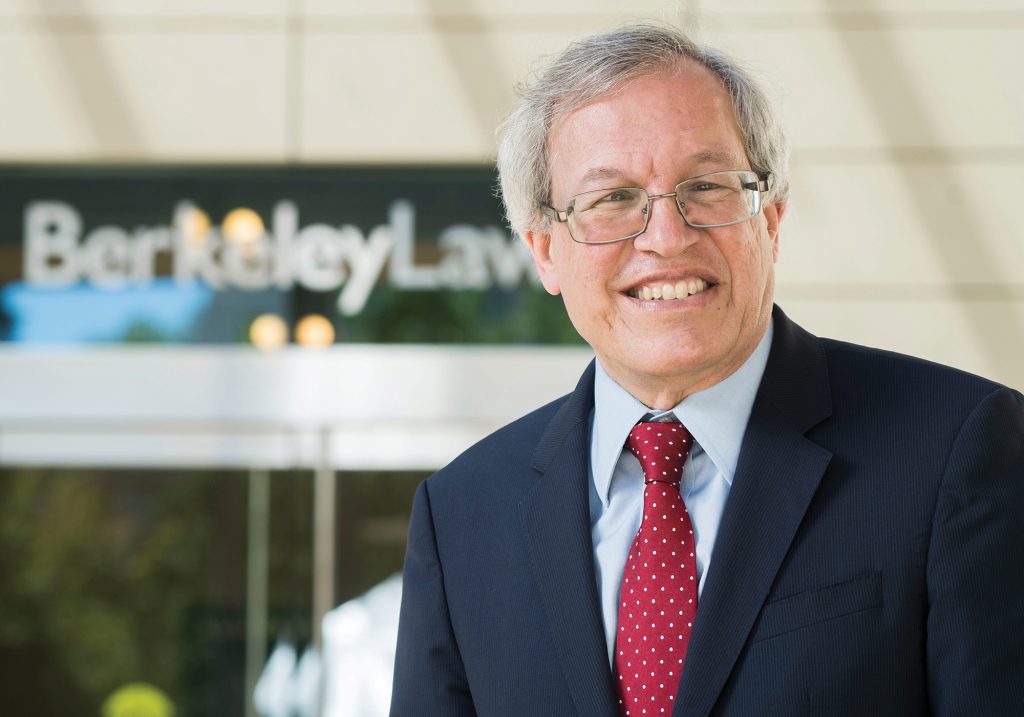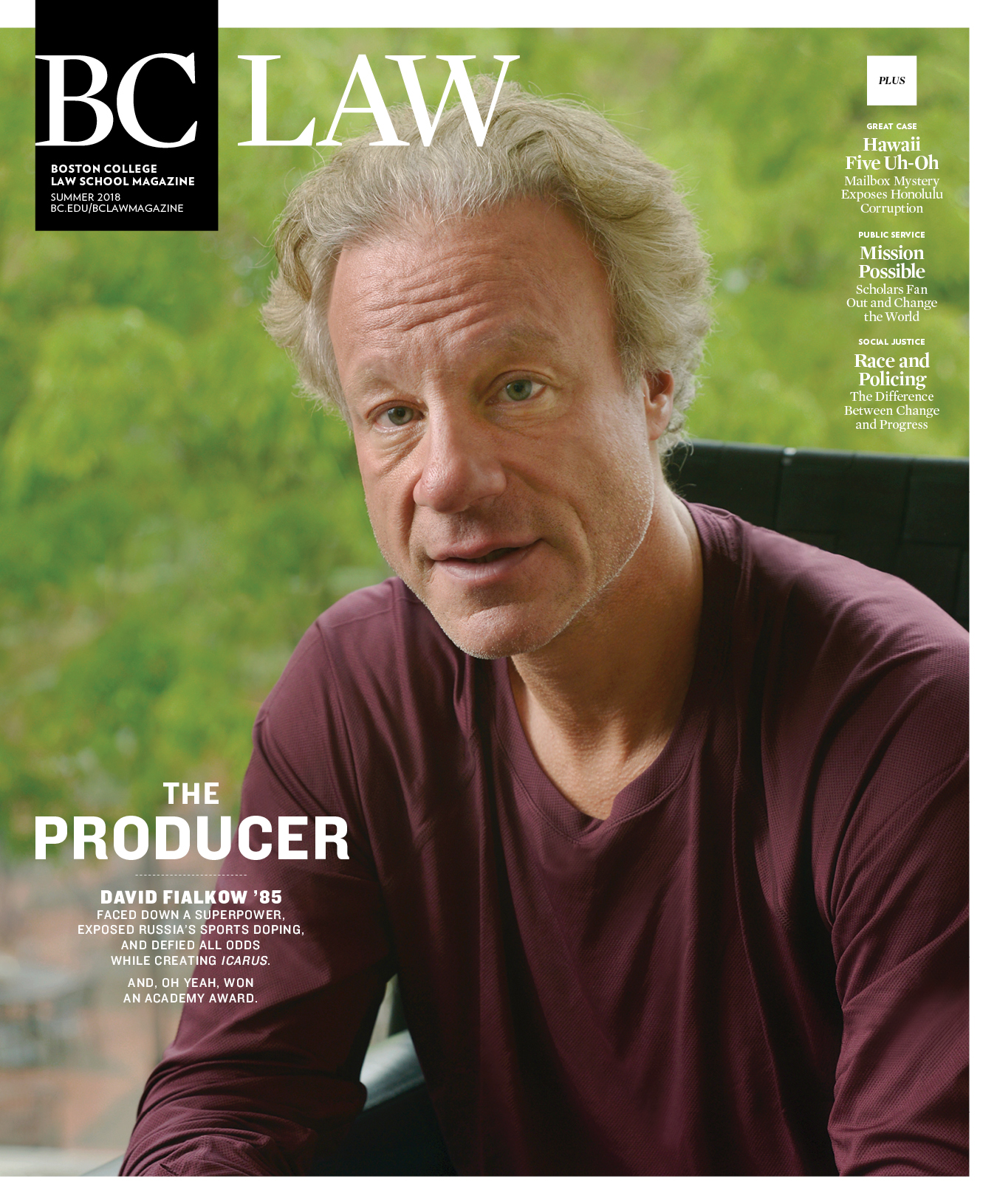One of the nation’s foremost authorities on the First Amendment, Berkeley Law Dean Erwin Chemerinsky, presented the keynote at a BC Law event this past spring that examined the nation’s increasingly heated debate over the right to express controversial opinions and viewpoints, particularly when that speech occurs on college campuses.
In many colleges and universities, where mere decades before students held rallies in support of free speech, students are now voicing concerns about giving platforms to opinions that in their view are toxic and can threaten the safety and mental well-being of some of their peers, Chemerinsky said. These highly publicized events have challenged people to reflect upon the foundational principles of free speech.
Though the Supreme Court has forbade the government from creating liability solely on the offensive nature of speech, Chemerinsky argued, “we also know that the right to speech is not, and cannot be, absolute…and that there are categories of speech that for public policy reasons, are denied any constitutional protection.” This, it is argued, is one of the primary ideological foundations for those who wish to more closely regulate speech, and speakers, on college campuses.
Chemerinsky presented factors and challenges facing academic administrators, many of whom wish in good faith “to uphold high standards of free speech in the face of high media attention, outside interference, and student pressure.” One factor is identifying truly unprotected categories of speech, such as incitement, a claim that is often leveled by activists against (mostly) conservative-leaning speakers. School officials are often required to carefully scrutinize the content of prospective speakers and make constitutional decisions in high-pressure situations, Chemerinsky said.
Another, perhaps even more critical factor facing free speech on campus, Chemerinsky continued, is that of economics. Drawing upon the recent experience of UC Berkley, he said that administrators, committed to upholding Free Speech Week, agreed to take on the $3.7 million cost for security that the protests, media attention, and counter protests required. But what if there was not only a free speech week, but also a free speech semester? Chemerinsky argued that sometimes outside activists and high levels of media attention drive tempers to a boiling point, and raise security expenses to untenable levels.
Faced with such Solomonic choices, where any strong decision risks angering one party or another, or displaying the institution in a bad light on national media, it’s understandable that administrators and professors often appear to hesitate on whether the ideological principles of academic freedom and free speech are worth the cost to their property, their image, and sometimes, their very careers, Chemerinsky said.
Nancy Leong of the University of Denver Law and Mary-Rose Papandrea of the University of North Carolina Law brought other thoughts to the discussion sponsored by the Rappaport Center for Law and Public Policy and moderated by Professor Kent Greenfield.
Leong suggested that there are four ways to regard freedom of expression on campus that can allow for more nuanced discussion and understanding: the First Amendment, norms related to free speech, strategy, and manners. “I think it’s important to conceptually separate those four things, even though they often overlap, or intersect, with one another,” she said.
Papandrea, a First Amendment scholar who formerly taught at BC Law, said that now that she is at a public institution she is “living what I’ve been preaching.” Because state universities and colleges are publicly funded, they are compelled to comply with the First Amendment in ways that private institutions are not. She said UNC has a free speech board that helps the school handle the issues that arise.



